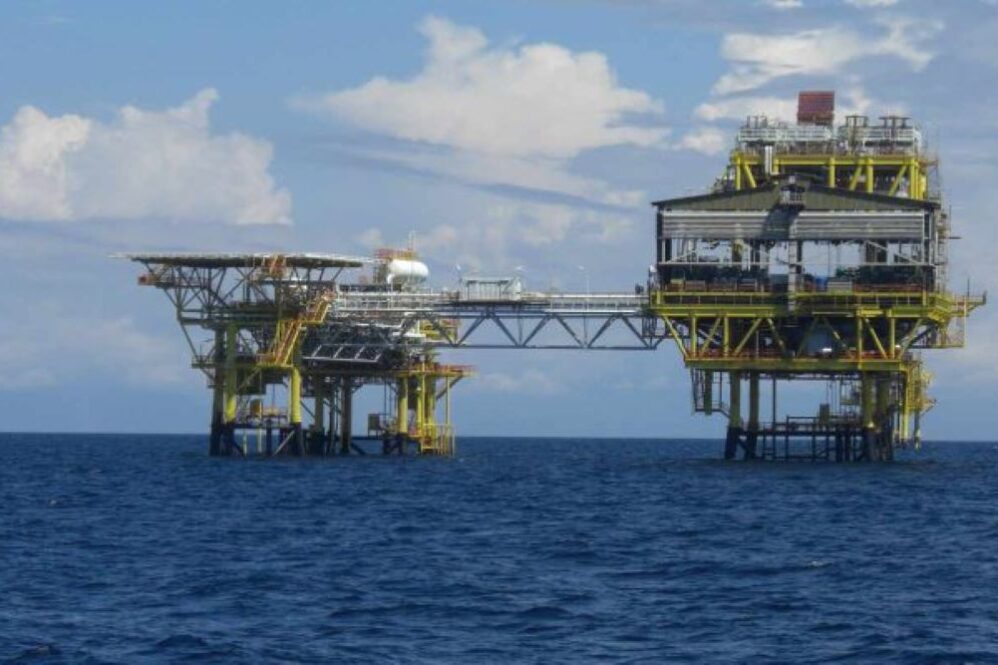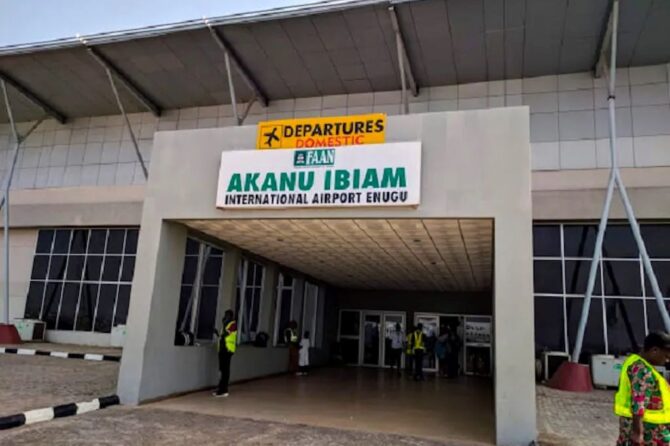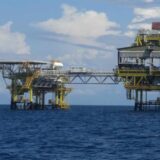South Africa Overtakes Nigeria as Africa’s Top Fuel Importer Amid Dangote Refinery Boom
Lagos, May 29, 2025 – Nigeria has lost its long-held position as Africa’s largest importer of refined petroleum products, with South Africa now leading the continent in fuel imports, according to new data from energy consultancy CITAC and recent industry reports. This marks a significant shift in Africa’s downstream oil market, driven largely by the rapid rise of the Dangote Petrochemical Refinery in Nigeria.
Key Developments and Refinery Capacity
- Dangote Refinery’s Impact: The $20 billion Dangote Refinery, located in Ibeju-Lekki, Lagos, is Africa’s largest and the world’s biggest single-train refinery, with a theoretical capacity of 650,000 barrels per day (bpd). Since its launch in January 2024, it has ramped up production to 500,000 bpd by January 2025 and is expected to reach full capacity by mid-2025. The refinery currently supplies over 20 million liters of petrol daily, significantly reducing Nigeria’s reliance on imports.
- Fuel Imports Decline: Nigeria’s fuel imports dropped sharply to 3.1 million metric tonnes in the first quarter of 2025, down from previous years, as Dangote’s refinery output increased. This has led to a 13.16% drop in petrol prices in Nigeria so far in 2025.
- South Africa’s Rising Imports: In contrast, South Africa imported 4.2 million tonnes of refined products during the same period, overtaking Nigeria as the continent’s largest fuel importer. This surge is largely due to refinery shutdowns, notably the closure of the Sapref refinery in 2022, which the government acquired in 2023 but has yet to restart.
- Other Nigerian Refineries: Despite the Dangote Refinery’s dominance, Nigeria’s public refineries—Port Harcourt, Warri, and Kaduna—continue to operate below capacity. The Nigerian National Petroleum Corporation (NNPC) has spent over $2.4 billion on rehabilitation since 2021 but has failed to produce sufficient petrol volumes, with Port Harcourt refinery producing no petrol as of March 2025 and Warri refinery only yielding naphtha.
Crude Supply Challenges and Export Ambitions
- Crude Supply Issues: Dangote Refinery has faced crude supply challenges, occasionally importing crude from Brazil, Equatorial Guinea, and Saudi Arabia to maintain operations. The Nigerian upstream oil regulatory authority (NUPRC) has warned local producers to meet supply obligations or face sanctions.
- Export Milestones: In March 2025, Dangote Refinery exported 2 million barrels of jet fuel to the U.S., signaling Nigeria’s emergence as a net exporter of refined petroleum products and a new player in international markets.
Broader Energy Market Implications
- Shift in Regional Energy Dynamics: Nigeria’s reduced fuel imports and South Africa’s increased dependence reflect a broader realignment in Africa’s energy sector. Investments in refining capacity and policy reforms are reshaping traditional trade flows and enhancing regional energy security.
- Upcoming Refinery Projects: Nigeria plans to launch three new refineries in 2025, which, alongside Dangote’s facility, will further boost domestic refining capacity and reduce import dependence.
- Economic Impact: Dangote’s refinery is projected to generate $30 billion in revenue by 2026 through expanded exports of refined fuels, petrochemicals, and fertilizers, contributing significantly to Nigeria’s economy and energy independence.

















